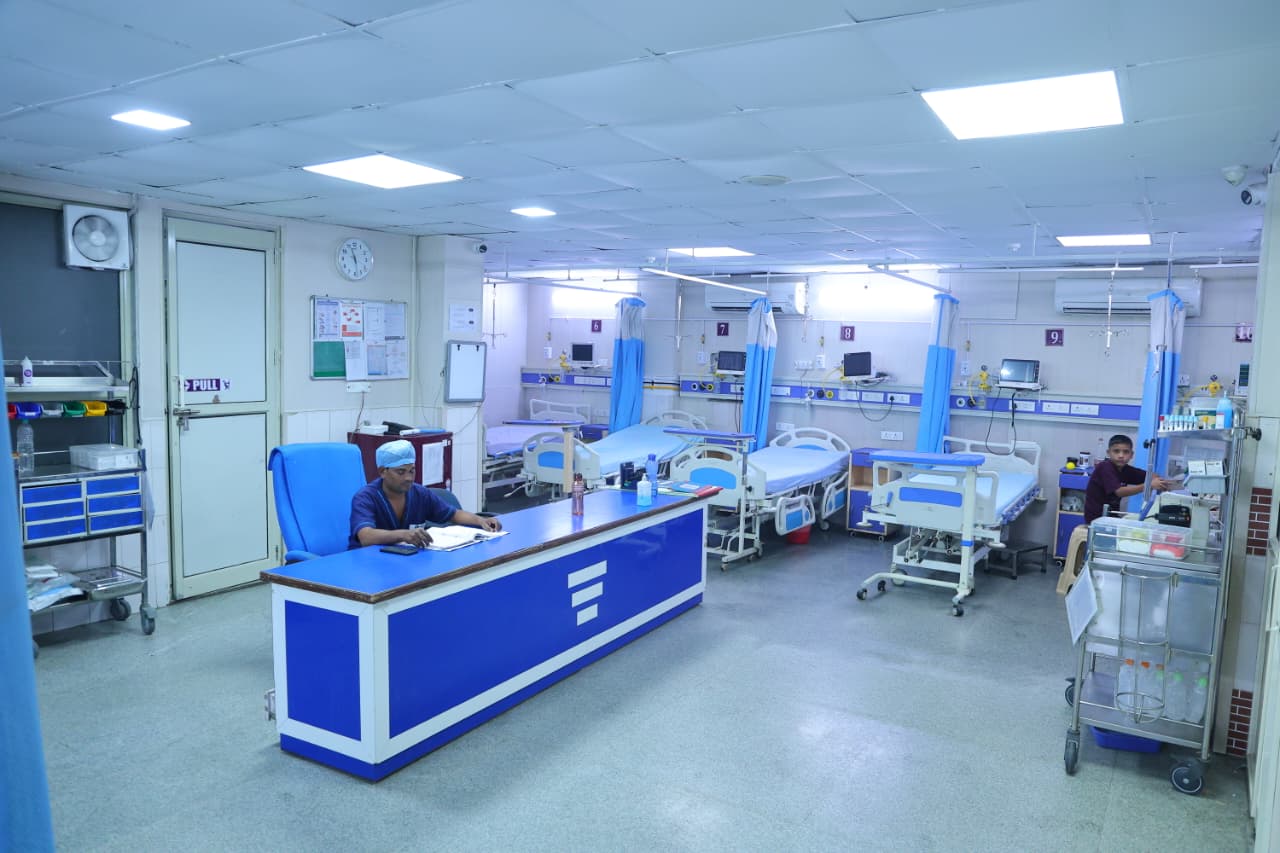
Marketing strategies for
healthcare entrepreneurs should focus on building trust, localizing the
approach, and creating strong community engagement.
Here
are some effective strategies:
- Localized Marketing:
Tailor your services and communication to address the specific needs and
concerns of the local population. Use local languages, references, and
cultural nuances in your campaigns to build relatability.
- Digital Presence: Even
in smaller cities, mobile internet use is rising. Create an
easy-to-navigate website and engage on social media platforms like
Facebook, Instagram, and WhatsApp, which are widely used in these areas.
- Community Engagement:
Partner with local influencers, community leaders, or organizations to
build trust. Conduct free health camps, awareness workshops, or webinars
to educate the community about health issues and your services.
- Word-of-Mouth Marketing: In
smaller cities, word of mouth is powerful. Provide excellent service, ask
satisfied patients for referrals, and offer loyalty programs to
incentivize repeat visits.
- Affordable Packages:
Offer affordable and flexible healthcare packages or discounts. Many
people in cities are budget-conscious, so providing cost-effective
solutions can be a key differentiator.
- Telemedicine and Mobile Apps:
Since travel might be a barrier, offering telemedicine services or
health-related mobile apps for consultations and follow-ups can enhance
accessibility.
- Traditional Media: In
smaller cities, local newspapers, radio, and television can still be
effective. Advertise your services in these mediums to reach a wider
audience.
- Collaborations with Local Businesses: Partner with local pharmacies, gyms, or wellness centers to
promote your services. This can help expand your reach and provide value
to both businesses.
- Customer-Centric Service: In
smaller cities, healthcare entrepreneurs should provide personalized,
high-quality care and establish a reputation for being reliable and
accessible.
- Educational Content:
Share health tips, prevention strategies, and medical advice through
blogs, social media posts, or community events to build credibility and
engage the local population.
- Referral Programs:
Encourage existing patients to refer friends and family by offering
incentives like discounts or complimentary consultations. This helps in
building a loyal patient base and expanding word-of-mouth marketing.
- Health Awareness Campaigns:
Focus on disease prevention and awareness campaigns that highlight common
health issues in the area. Collaborate with local schools, NGOs, and
organizations to spread knowledge and promote your services.
- Local Partnerships for CSR:
Launch community-driven Corporate Social Responsibility (CSR) programs,
such as providing free health screenings or funding local health projects.
This helps build your brand's reputation as a socially responsible
organization.
- Patient Testimonials: Use
testimonials from local patients to create trust and credibility.
Highlight stories of people whose lives were positively impacted by your
services, making it relatable to the local audience.
- Health Insurance Collaborations:
Partner with local insurance providers to offer affordable and accessible
health insurance plans to the community. This can make healthcare more
accessible and can lead to a steady stream of patients.
- Seasonal Health Campaigns:
Focus on health issues that are prevalent in certain seasons, such as flu
prevention in winter or skin care in summer. These campaigns can be
tailored to meet the specific needs of the local population at any given
time.
- Direct Mail Campaigns: Use
physical mail, such as postcards or newsletters, to directly reach homes
in areas. Include helpful health tips, special offers, and details about
your services.
- Promote Family Care: In
many cities, family-oriented healthcare services are valued. Offer
packages or discounts that cover the healthcare needs of entire families,
making it a convenient solution for locals.
- SMS and WhatsApp Campaigns: Use
SMS and WhatsApp for direct communication with patients. Send reminders
for check-ups, health tips, or appointment confirmations. These are widely
used platforms in smaller cities and can ensure consistent engagement.
- Leverage Local Events:
Sponsor or participate in local events, fairs, or festivals. Set up booths
or organize health check-up camps to engage the local population and
introduce them to your services.
- Use of Influencer Marketing:
Collaborate with local influencers or micro-influencers to promote
health-related content or share their personal experiences with your
services. Influencers can help reach a broader audience and influence
potential patients.
- Effective Crisis Management: In
times of health crises (like pandemics or disease outbreaks), establish
your authority as a reliable source of information. Share timely updates,
precautions, and solutions, positioning your healthcare service as a
trusted partner.
- Simple, Easy-to-Understand Campaigns: Keep messaging straightforward and free of medical jargon. Create
simple and visual content that is easy for everyone in the community to
understand, especially in areas where literacy rates may vary.
- Offer Free Consultations or Health Check-ups: Launch free health check-up camps or free initial consultations.
This can attract new patients and give them a chance to experience your
services firsthand.
- Targeted Advertising: Use
geo-targeted digital advertising (Facebook Ads, Google Ads) to focus on
specific localities within cities. Tailor ads to local interests,
demographics, and health needs.
By adopting a combination of these strategies,
healthcare entrepreneurs can effectively establish their brand and gain the
trust of local communities in cities.
Recent Posts

Get Free
Consultations
Special Advisors









Role of SOPs in Hospital Efficiency